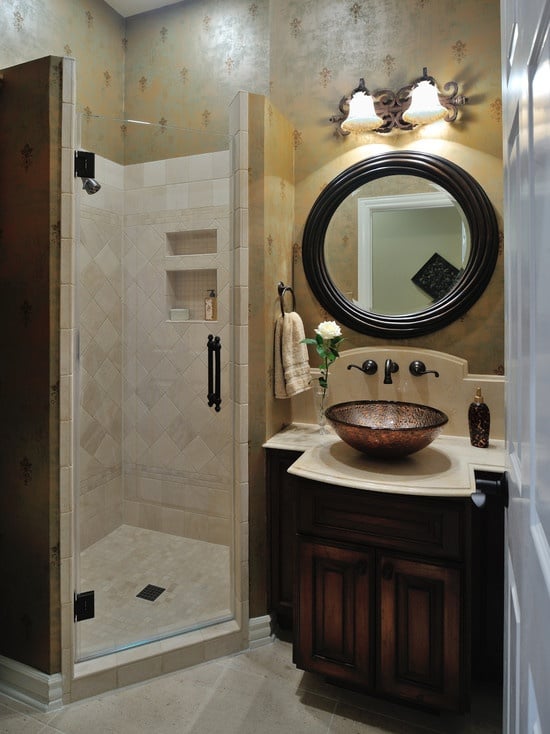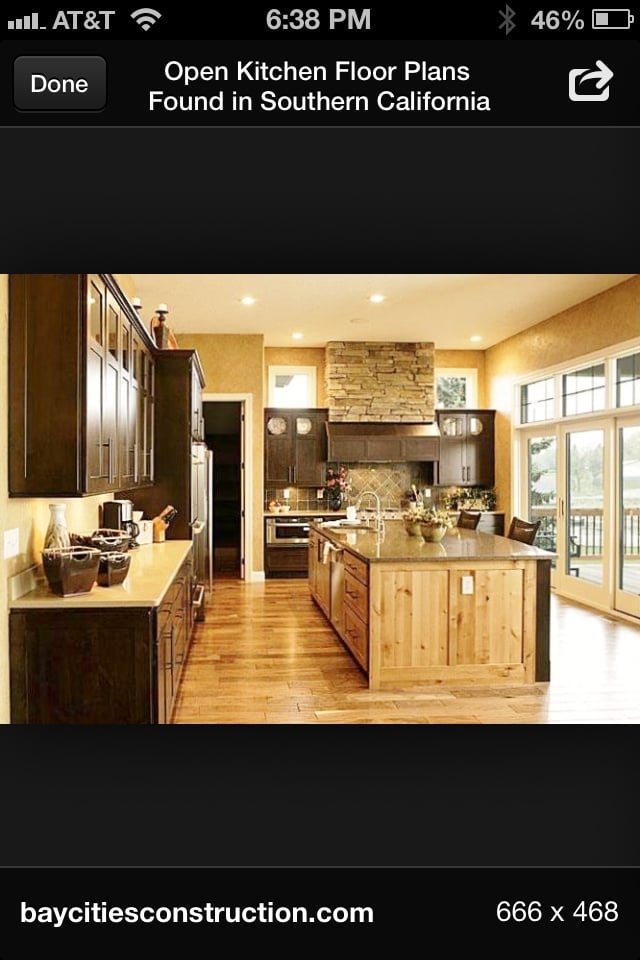 So your days of renting are at an end and, at last, you’re moving into your own home. No more landlords to deal with. No more looking at wallpaper from the last century.
So your days of renting are at an end and, at last, you’re moving into your own home. No more landlords to deal with. No more looking at wallpaper from the last century.
But wait! Aren’t you forgetting something? No more landlords coming around to fix your leaky faucet or flooding toilet either! It’s time to learn a little plumbing DIY and here’s a list of 10 things that every homeowner absolutely must know about plumbing before calling in the plumbers:
- Valve, what valve? Start by getting to know your new house’s plumbing system. If you spring a leak you should know where you switch off the water. There should be two switch-off points, the main control and an on/off stainless steel valves at each fixture. Be sure to learn how to switch the gas off for your water heater, too.
- Drip, drip, drip. What’s the most common plumbing problem homeowners face? A dripping faucet, of course. Quite often parts or the whole thing just need replacing. Turn the water off to the fixture and replace the faulty part, so keep handy some Extra resources to be able to choose the right piece. Usually it’s just a worn out seal.
- Just a dirty screen. Are you having trouble getting enough water out of your faucets? Low water pressure is often caused by something as simple as a clogged aerator. An aerator is a small cap that screws inside the nozzle of your faucet or onto the outside of the nozzle of your faucet. It functions as a small sieve to catch the gunk and stop it from landing in your drinking glass. Unless it is cleaned regularly it will clog up and slow down the water passing through that particular faucet. You can often remove it by hand or with a simple tool like a wrench.
- It’s lime time. Similarly your bathroom shower head can often get clogged from a build up of lime in your shower water. To clear away the lime scale just pour white vinegar in a bag and tie the bag over the showerhead overnight or remove the showerhead and soak it in the vinegar overnight.
- It’s getting a bit hairy. Slightly nastier to deal with are clogged shower drains, but no worries Sunshine Coast blocked drains can do it for you! Make sure you have a pair of disposable gloves and non kitchen tongs handy. If necessary, remove the cover and dredge out the gross stuff which is usually greasy build up attached to matted hair. The more frequently you do this the less disgusting it will be.
- Greased lightning. Pouring oil and grease down kitchen sinks is a big no no. This can cause a build up around pipes and lead to severe blockages. Always return the oil to its original bottle and place it in the garbage when you are done with it. To get the most out of your oil instead of throwing it away after every use, put a coffee filter in a funnel and strain the oil back into a bottle and it will last a few more uses.
- My disposal makes funny sounds whenever I dump chicken bones? So many people misuse their garbage disposal and land up paying for it later. Always scrape your plates into the garbage can first (you could discover here some of the best garbage disposals professing the same). The function of a garbage disposal is to get the scraps that you can’t scrape off. You should also turn the cold faucet on and run the water while you are wiping the plate off into the sink. This helps the blades in your disposal last longer.
- Down the rabbit hole. Oops, dropped something down the sink? There is no need to call a plumber, says Tom Pollard of Budget Plumbing but you do need to act fast! Turn off the water immediately! Look under the sink and you will see a U shape in the pipe. This should have a release valve. Make sure you have a towel or pan down to catch the water. Release the valve and there’s your valuable earring. Simple.
- The neighbors are stealing my water! Are you concerned you have a costly water leak somewhere in your system? First, find your water meter. The next time you’re leaving the house for an extended period (to go to work etc.) write down the water meter reading. When you get back, check the reading again. If the reading has gone up, and no one has been home to use the water, there’s a good chance you have a leak. Early detection can help to keep costs down.
- Give a little love to your freezing pipes. If you live somewhere that gets freezing cold in winter you need to take care of your plumbing to avoid unnecessary repairs. In sub-zero temperatures pipes can actually freeze and burst. Cheapskates often think they are saving money by turning off all heating when they go out. But there are advantages in keeping your house slightly heated. Not only do your appliances run the risk of freezing and breaking, but so do your pipes. Water can freeze in your pipes, expand and crack the pipes leaving you with expensive repairs.

With a little bit of know-how and the willingness to give something new a try, homeowners can often fix minor plumbing challenges without calling in a professional. But be careful ripping apart your plumbing if you don’t know what you are doing. If you don’t feel comfortable doing complicated tasks like water heater repair, we suggest you call a plumber like plumber Manhattan to avoid all the stress and hassle.
If things go wrong you could end up having to turn your water off indefinitely while you scramble to get a plumber to come in and fix your mess…and let’s face it, it could end up costing you a lot more after you tinker with the inner workings of your plumbing system than if you’d just called in a pro when you knew that you were probably in over your DIY head!
Featured images:
 License: Image author owned
License: Image author owned License: Image author owned
License: Image author owned
By M.-J. Taylor
M.-J. Taylor writes for Budget Plumbing and other clients in real estate and home improvement and enjoys the great outdoors in her free time.



